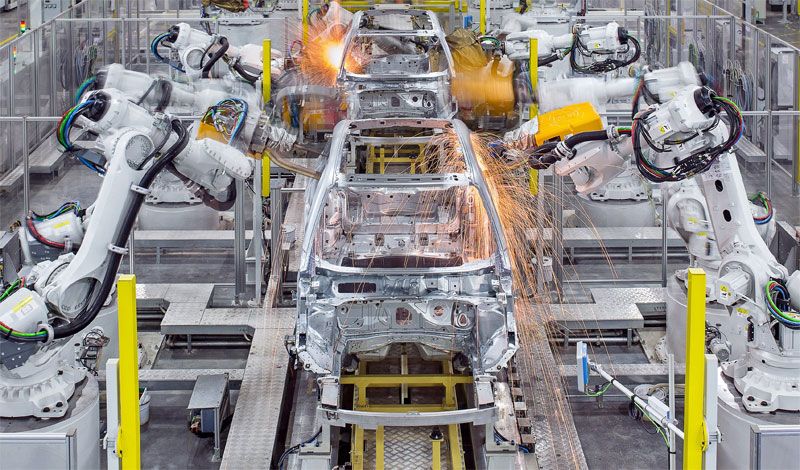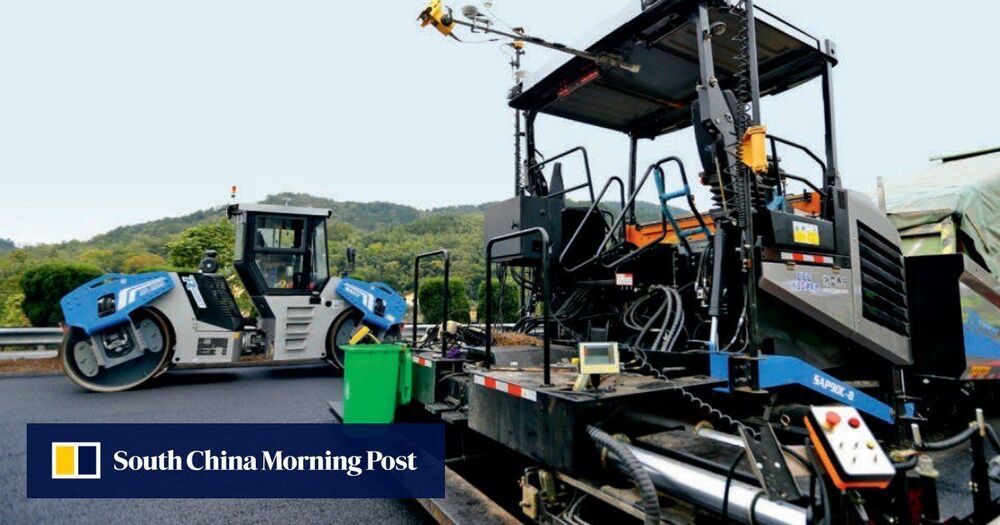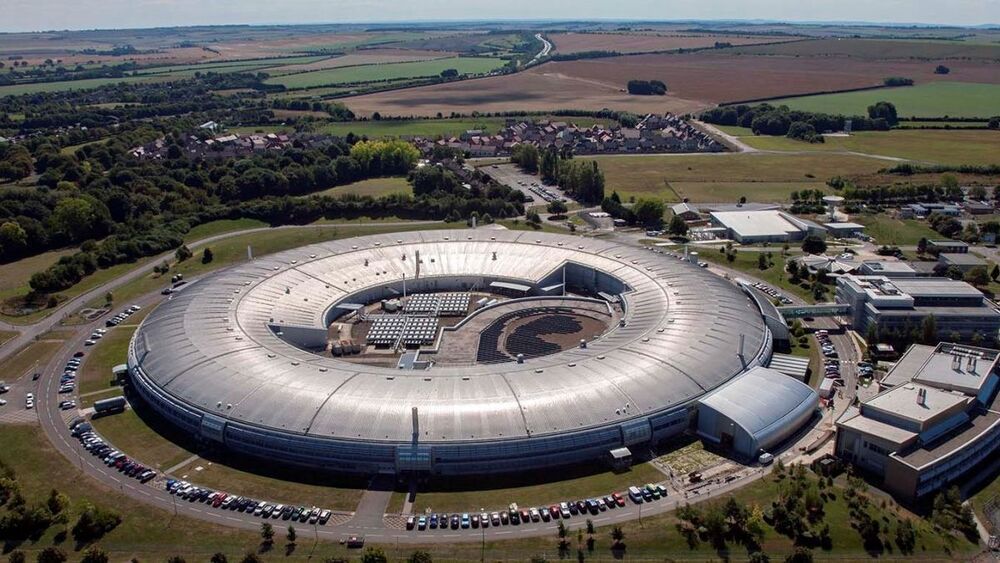About two weeks after the summer solstice, the Earth reaches the spot in its orbit where it’s furthest from the sun.
This once-a-year phenomenon might be too bright to see with a naked eye, but this week we’ll be at Earth’s farthest point in orbit.



Utah is in a drought. Utah is in the need of water. Yes I do live here; for the past 51 yrs. Snowfall has decreased and rainfall is scarce! I’ve started collecting water in gallon jugs, taking less showers. Peeps have been collecting rain in barrels. Utah has not been hit so hard. Wanna go boating, river rafting, kayaking — better check if there is enough water to support your sport.
Utah (ABC4) – Utah’s water supply is not looking good this year. It’s looking so bad that in March, Utah Governor Spencer J. Cox issued an executive order, declaring a state of emergency in Utah.



We’re thrilled to be part of the Hyundai Motor Group! And we’re celebrating with a dance to BTS’s “IONIQ: I’m On It.”
Read the behind the scenes story of the dance: http://blog.bostondynamics.com/all-together-now.
Check out the video of BTS meeting Spot: https://www.youtube.com/watch?v=GJZeMgqQMjA

Sorry, we’re having trouble playing this video.
Learn More.
Kelvin Ogba Dafiaghor shared a link.
OEC.
Compared to its much larger cousins, the O2 tidal turbine is tiny—but mighty. Its two 65-foot rotors can reach an area of 6460 square feet under water.
